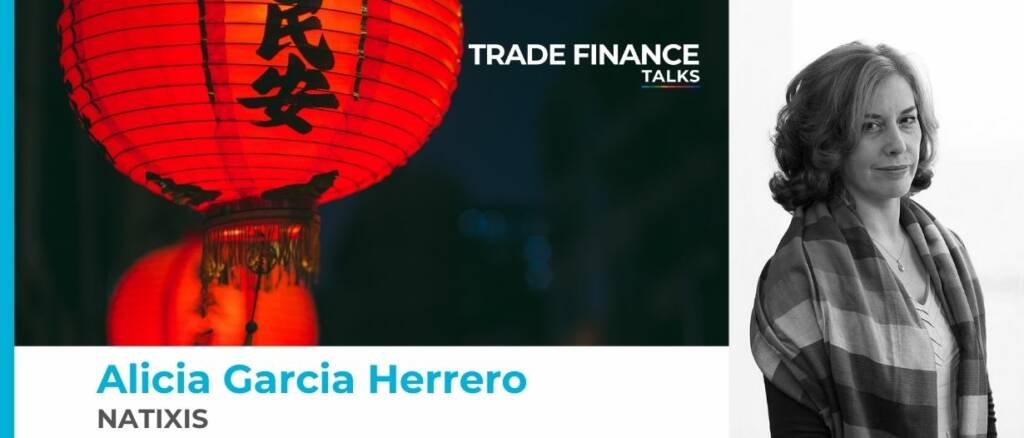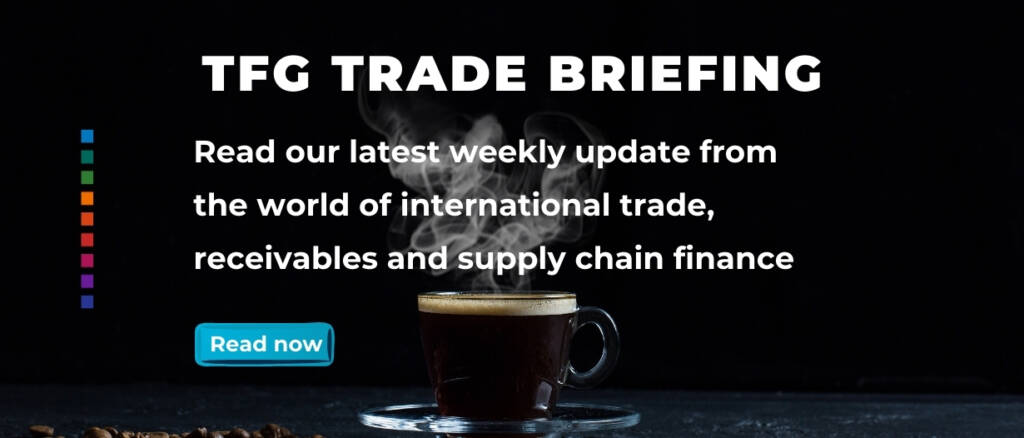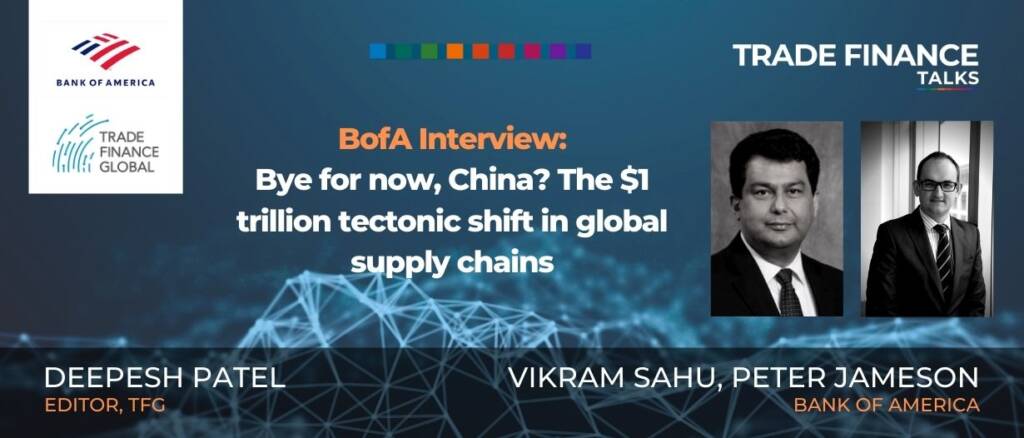2020 was a terrible year for Asia but for some less than for others. Alicia Herrero Garcia outlines what’s in stock for markets in Asia in 2021
Your Monday morning coffee briefing from TFG. UK prime minister Boris Johnson set out his ‘roadmap’ to ease current public health restrictions in England. Global trade grew by 4.0% in the fourth quarter of last year compared to the previous quarter. Trade volumes for 2020 as a whole were down 5.3%.
The UK’s digital infrastructure helped the country rebound from the economic effects of COVID-19; however, it is still losing ground to Asia in the race for digitalisation, according to new… read more →
How is China using technology to build the technical and financial infrastructure for the ambitious BRI? Eugenio Reggianini reports on the BSN and DCEP
Covid-19 pandemic, the rise of techno-nationalism, US-China trade war, and Singapore string of frauds – just how well are the Asian markets responding to these issues?
TFG heard from BofA on the possibility of SCF’s structural shift to localisation.
Barings Bank collapse. Noble Group’s demise. The 2020 commodities scandals of Agritrade, Hin Leong, Zenrock, Sugih Energy and Hontop Energy. Will these recent commodity financial scandals shatter Singapore’s reputational armour?
TFG heard from Andreas Tesch of Atradius on the status of credit insurance market in Asia and the key initiatives taken in response to Covid-19’s impact on Asian trade.
Figures from the Department for International Trade published today (10 July), show the UK attracted 1,852 new inward investment projects in 2019/2020 financial year, representing a 4% increase on the… read more →
We dive deeper into how Covid-19 impacted the shipping industry. Will the cruise liners be able to financially recover from this outbreak?
























